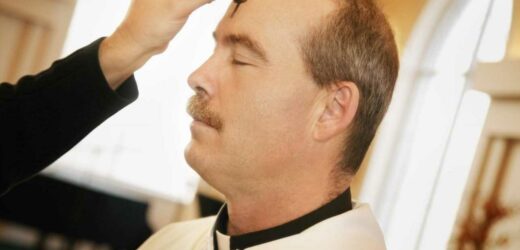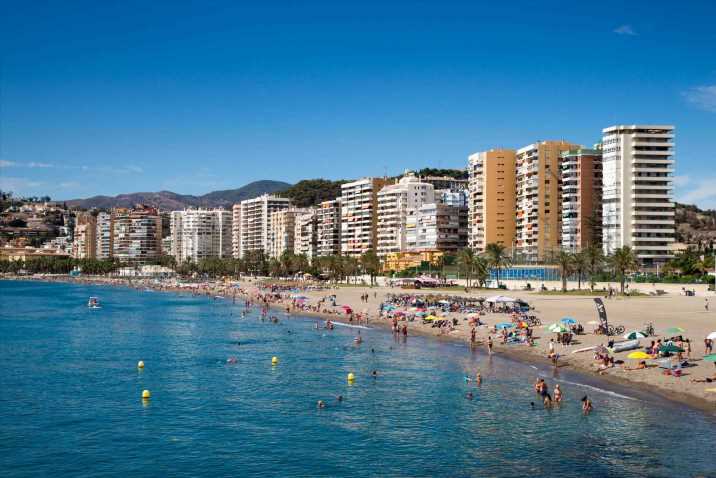LENT is a period where Christians make sacrifices in the run-up to Easter.
The first day of Lent is called Ash Wednesday. Here's what we know about it.
What is Ash Wednesday?
Ash Wednesday comes the day after Shrove Tuesday, otherwise known as Pancake Day.
It marks the first day of Lent.
It is always a Wednesday, obviously, but the date is dependent on when Easter is.
Ash Wednesday always occurs six and a half weeks before Easter.
READ MORE ON LENT
What we know about Lent – how long it lasts and when it ends
Find out what religion Elvis Presley was
Ash Wednesday is an important day in the Christian calendar as it marks the first day of fasting, repentance, prayer and self-control that will be required during Lent.
Its official name is "Day of Ashes", due to the mostly Catholic practice of rubbing ashes in the sign of the cross on people's foreheads.
READ MORE IN THE SUN
Nicola cops ARE hunting shabby red van – I saw the vehicle, says key witness
Beaming Kate Middleton hugs former history teacher during museum visit
Maya Jama replaces Kate Moss to sign megabucks deal for iconic brand
Wife of trans rapist sent to female prison brands gender-switch 'a sham'
It is not a holy day of obligation in the Catholic church's calendar.
What should I give up for Lent?
It is traditional to give up certain food products during Lent as, historically, this was a period of fasting and penitence.
While there are no strict rules nowadays governing what should be given up, traditionally meat and all food products that come from meat, such as cheese and eggs, were excluded from people's diets.
Nowadays, people give up all sorts of things, not just certain types of food.
It's probably a good idea to give up bad habits, like smoking or nail biting.
People also give up food items that are not healthy, such as chocolate or sweets or even alcohol and coffee.
Some people even give up things like swearing or being rude or even being on social media.
The possibilities are endless.
It's best to decide what you are going to give up for 40 days and then stick to it.
What are the holy days of obligation?
There are six Holy Days of Obligation in 2022, although the number varies from year to year.
In the Catholic church holy days of obligation are days on which believers should attend Mass but not do unnecessary work.
The six days are:
January 6: Epiphany
May 18: Ascension of Jesus
June 29: St Peter and St Paul
August 15: Assumption of the Blessed Virgin Mary
November 1: All Saints' Day
December 25: Christmas
Scotland and Ireland observe ten holy days.
Why do people wear ashes on their forehead?
The sign of the cross is meant to show a person belongs to Jesus and symbolise both death and repentance.
The ashes used traditionally come from the burning of crosses used on Palm Sunday the previous year.
The ashes symbolize both death and repentance.
Source: Read Full Article









